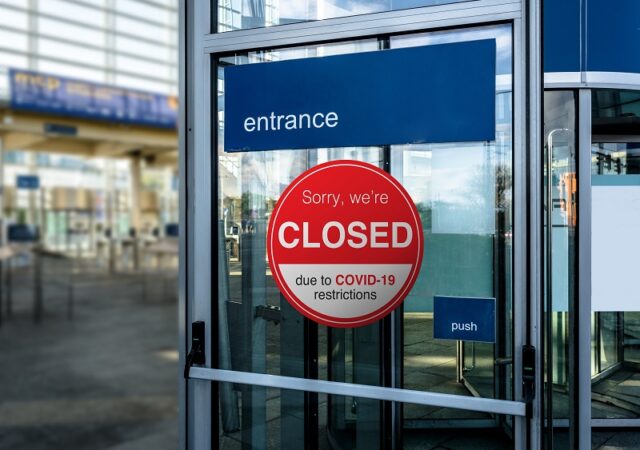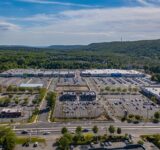As Charlie Chaplin said in the last century, “Nothing is forever in this world, not even our problems.” That is, unless you don’t learn from your mistakes and continue to do things the same way. The days are numbered for any business, organization or government agency (without a rainy day fund) that doesn’t adjust, right-size their operation and get prepared for the next disruption that’s just around the corner.
Policy Page
Our updates and analysis will keep you informed of every piece of legislation and public policy issue that affects commercial real estate in New Jersey, from a zoning dispute or a proposed change to the tax code.
Taking the temperature of New Jersey’s economy and commercial real estate sector
We are now more than six months into the pandemic that shut down much of New Jersey’s economy in early March. I thought it would be a good time to pause to look at where we are in terms of recovering from the staggering unemployment and economic losses caused by the health crisis. There is some surprisingly good news, but it must be taken with a strong dose of caution.
Workforce wellness, resiliency and ironclad industrial sector: Keys to recovery
Despite the ongoing adverse impacts from the COVID-19 pandemic, some experts report that the macroeconomic trends are looking favorable nationally, and especially for New Jersey, but it’s going to be pretty slow going. Marked differences exist among the various sectors, not all of which have bottomed out yet.
Re-entry to the new workplace in a post COVID-19 reality
With eyes on recovery, Gov. Phil Murphy has formed a “cabinet-level” advisory commission to focus on the macro issues, including resilience, infrastructure and messaging, and a Restart and Recovery Advisory Council with subcommittees to work out the details of how and when various sectors of the workforce will resume operations. Landlords and tenants will confront myriad issues as the stay-at-home restrictions are lifted and businesses reopen under a new set of protocols.
The virus that is radically reshaping our world
My original plan for this Earth Day was to report on New Jersey’s sustainability challenge and how commercial real estate is adapting to natural, governmental and market forces. Given the magnitude and velocity of the COVID-19 disruption that is hourly reshaping our economy, industry and very existence, that plan quickly evaporated. Instead, this piece discusses the general impact of COVID-19 on our economy, and how CRE developers, owners, asset managers and affiliated professionals are meeting these challenges, assisting in relief efforts and informing government at all levels on how best to navigate their strategic response.
Waves of change bring opportunity to New Jersey’s suburbs
Jersey is looking better all the time — especially the suburbs. That’s my conclusion after reading a new Rutgers University report that provides an impressive amount of detail and analysis on economic, demographic and market trends which can help public officials plan for the future in ways that may help regenerate our suburbs and the overall state economy.


















